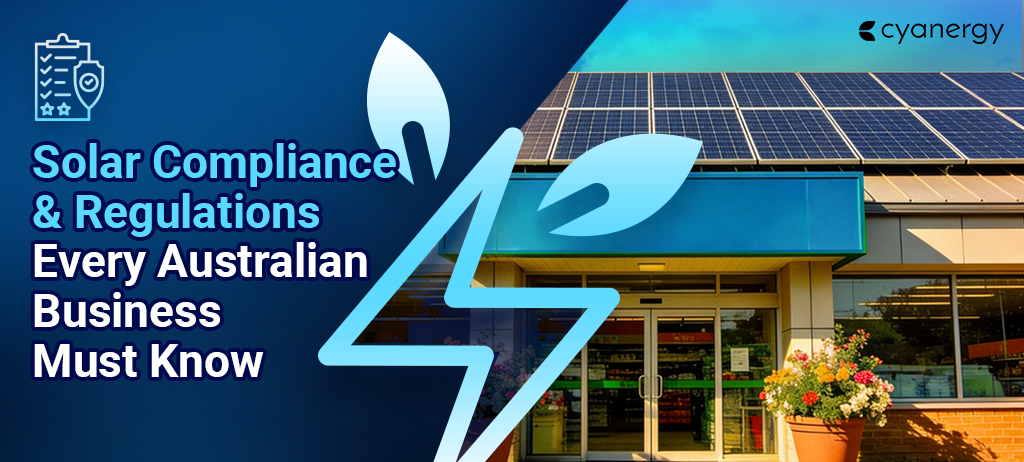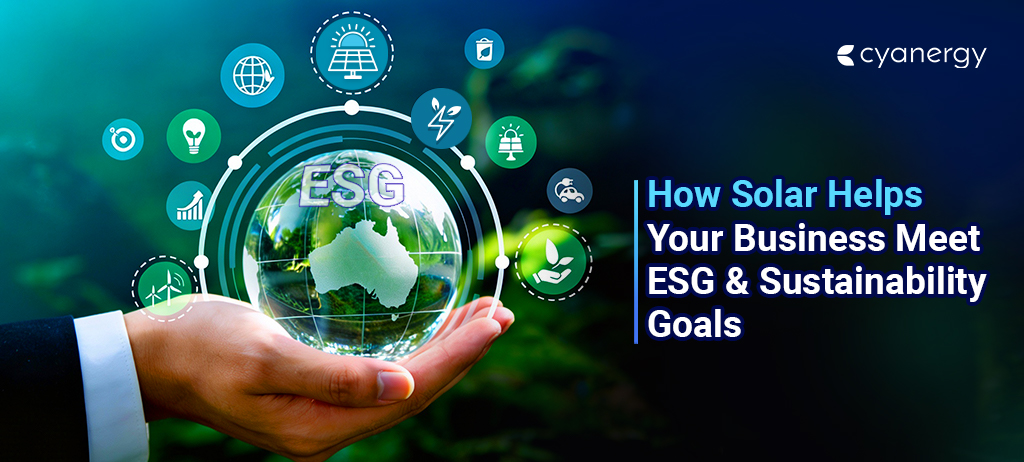Energy management involves planning and closely monitoring an organisation’s energy usage. The goal is to use less energy and spend less money. It can include simple actions, such as checking monthly energy bills or using energy-saving light bulbs.
A more advanced method is the use of Energy Management Systems (EnMS), which help track energy use, provide helpful information, and support energy-saving efforts.
Understanding smarter energy management is crucial for any organisation seeking to reduce its energy consumption, lower operational costs, and minimise environmental impact.
By implementing effective energy-saving practices, businesses can protect the environment, reduce costs, and continue to provide customers with reliable energy when needed.
Energy management is closely linked to other business areas, such as environmental care, production, and transportation.
As more people become aware of climate change and the need to reduce carbon emissions, energy management is becoming essential.
This article will discuss the fundamentals of energy management, the role of renewable energy, its applications in various industries, emerging technologies, and future trends.
It will also explain energy laws and rules in Australia and share tips businesses can follow to use less energy and reduce their carbon emissions.
Understanding Energy Management
Energy management involves carefully monitoring, controlling, and optimising an organisation’s energy usage.
The primary goals are to reduce energy consumption, lower energy bills, and increase efficiency. It’s significant for businesses that want to save money and contribute to environmental sustainability.
Energy management encompasses several steps that enable a business to utilise energy more efficiently and continually improve over time.
These steps are:
Energy Auditing:
Energy Monitoring and Targeting:
Energy Efficiency:
Renewable Energy:
It refers to harnessing natural sources, such as the sun (solar power) or wind, to generate electricity. It helps reduce the use of fuels like coal and gas, which harm the environment.
By utilising energy management systems, businesses can reduce costs and become more environmentally friendly. Understanding the basics of energy management helps ensure that energy is used wisely and waste is minimised.
Understanding the Risks of High Energy Costs
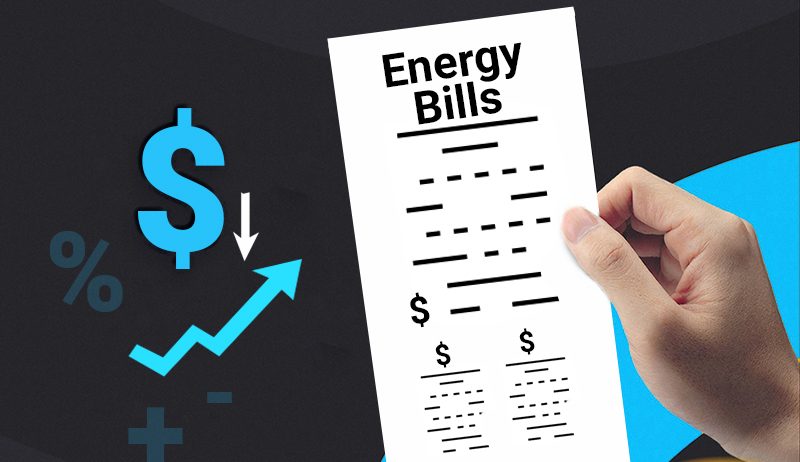
1. Higher Business Costs
2. Less Competitive
3. Harming the Environment
4. Breaking the Regulations
Governments are making stricter rules about energy use. If a business fails to follow these rules, it may be required to pay fines or incur additional costs to meet legal requirements.
By understanding these risks, businesses can make informed decisions to manage their energy costs effectively and prevent issues.
Fundamental Ideas of Energy Management
Energy management means planning and controlling how energy is made and used. The goal is to use less energy, save money, and protect the environment.
Some standard energy management methods include conducting energy audits, implementing energy-saving measures, and regularly reviewing energy use.
Energy Auditing
An energy audit is when a business checks how much energy it uses and finds ways to save. It includes reviewing energy bills, inspecting the operation of machines, and identifying areas where energy may be wasted.
Special tools, such as thermal cameras, energy meters, and data loggers, are used to collect this information. The results help create a plan to lower energy use, save money, and make equipment work better.
Saving Energy
Saving energy means using machines and systems that do the same work using less power. These can include:
- Upgrading to better machines
- Adding insulation to buildings
- Using energy-saving tools and habits
One simple example is using LED lightbulbs instead of old-style bulbs—they use much less energy. Other examples include modern heating/cooling systems and turning off machines when not in use.
Energy Monitoring
Energy monitoring means keeping an eye on energy use all the time. It helps find when too much energy is being used and gives ideas for saving.
Companies can use special meters and software to track energy use and find patterns. Then, they can make changes, such as adjusting machines or utilising more efficient technology, to use less energy and save money.
Energy management encompasses three primary components: energy audits, energy conservation, and energy usage monitoring. If businesses follow these steps, they can lower costs, use less energy, and help the environment.
Australia's Energy Strategies and Frameworks
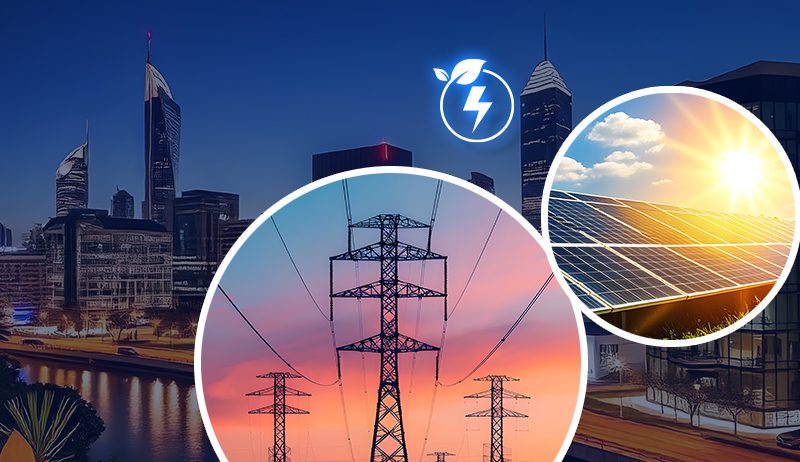
Australia’s Energy Policy
The Australian government has set goals to:
- Cut emissions by 43% by 2030 (compared to 2005)
- Reach zero emissions by 2050
The focus is on:
- Reducing harmful emissions
- Using energy more efficiently
- Increasing renewable energy, such as solar and wind
One past idea was the National Energy Guarantee (NEG) in 2017, which aimed to make energy cheaper and more reliable. It wasn’t used, but other policies have taken its place.
Another program is the Renewable Energy Target (RET), which aimed to reach 33,000 gigawatt-hours of renewable energy by 2020. It helped a lot—by 2020, more than 20% of Australia’s electricity came from renewable sources.
Energy Rules and Who Enforces Them
- The Australian Energy Market Commission (AEMC) makes and updates energy rules for things like electricity, gas, and renewables.
- The Australian Energy Regulator (AER) checks that energy companies follow the rules and that customers are treated fairly. They also help set energy prices.
- Each state and territory has its regulators, too. They handle things like safety and giving licenses to energy companies.
Overall, Australia’s energy rules aim to keep energy reliable and affordable while also reducing pollution. More new policies are expected as the country continues to support clean energy and fight climate change.
Role of Renewable Energy in Energy Management
Renewable energy plays a significant role in energy management, as it helps reduce reliance on finite energy sources, such as coal and gas.
Renewable energy originates from natural sources, including the sun (solar energy), wind, water, the heat of the Earth (geothermal energy), and plants (biomass). These sources are renewable and help reduce pollution and slow down climate change.
Energy management helps both people and businesses save money, use less energy, and protect the environment for the future. How energy is managed can depend on where it’s being used—at home, in businesses, or in factories.
Factories and industries use more than half of the world’s energy. Therefore, saving energy is crucial.
Energy management in this sector involves utilising more efficient tools and strategies to reduce energy consumption and increase productivity. Some common steps include:
- Doing regular energy checks (called energy audits) to find where energy is being wasted.
- Buying machines and tools that use less energy.
- Improving work processes to reduce energy consumption.
- Using systems to track and control energy use.
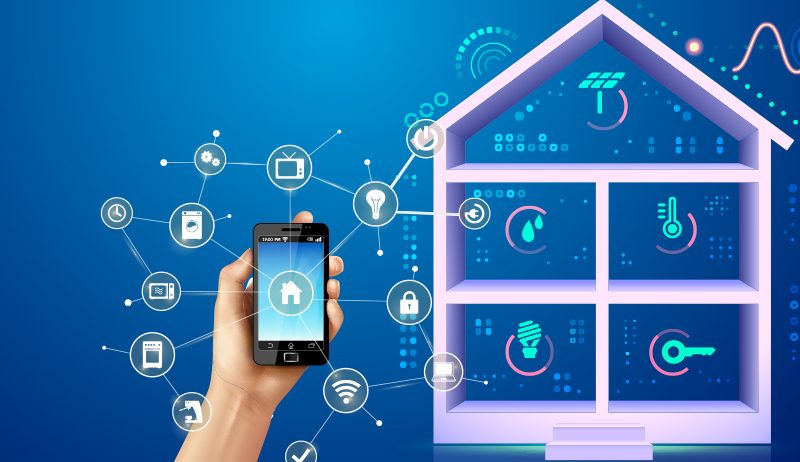
It can lead to lower energy bills, increased productivity with less energy consumption, and reduced environmental harm.
One of the best aspects of green (renewable) energy is that it helps reduce the need to purchase and use fossil fuels from other sources. It will help reduce pollution and make the country more energy-independent.
Energy management systems can also work together with green energy. For example, they can utilise solar or wind power during peak hours when energy demand is high. This helps reduce the need for non-renewable energy and saves money.
Another benefit is that renewable energy can provide electricity to areas that lack it. In remote areas that are not connected to the main power grid, solar panels or wind turbines can provide electricity. It enables people to access basic services and enhances their quality of life.
Renewable energy is a crucial component in managing energy. It helps us use less fossil fuel, reduces pollution, saves money, and brings power to areas without it.
When renewable energy is combined with smart energy management, it can make energy use cleaner, cheaper, and more reliable for everyone.
For more information, contact Cyanergy or talk to an expert.
